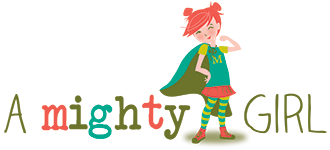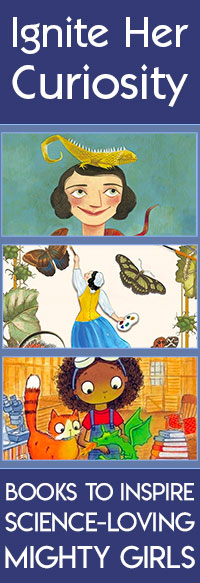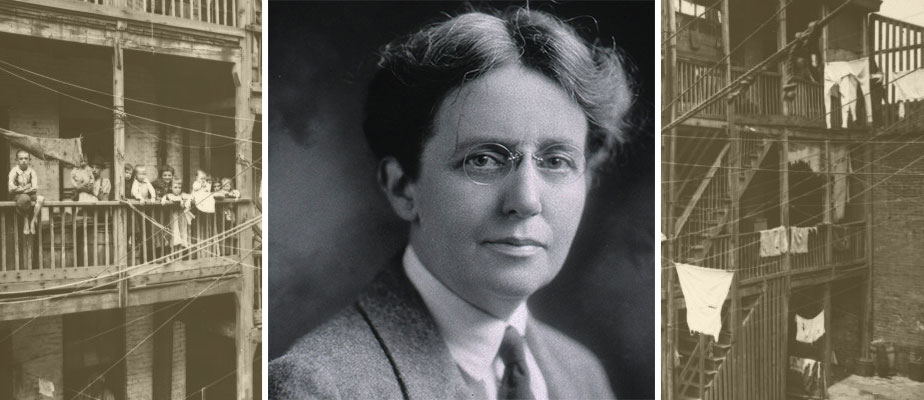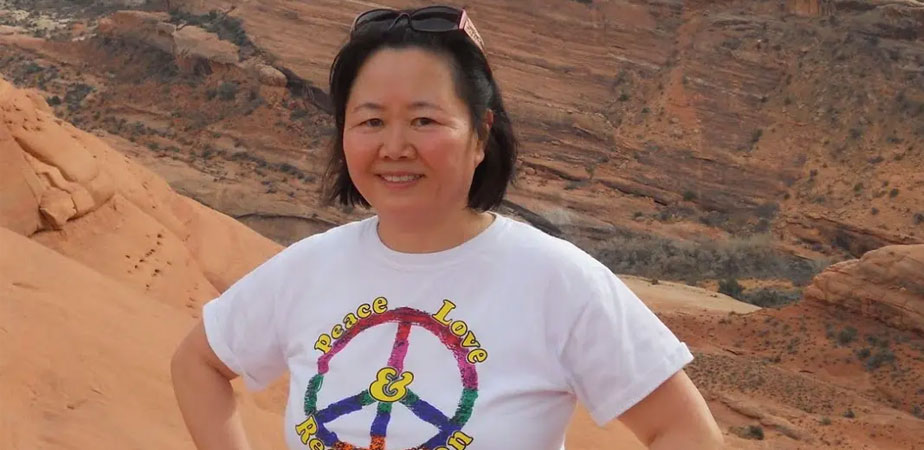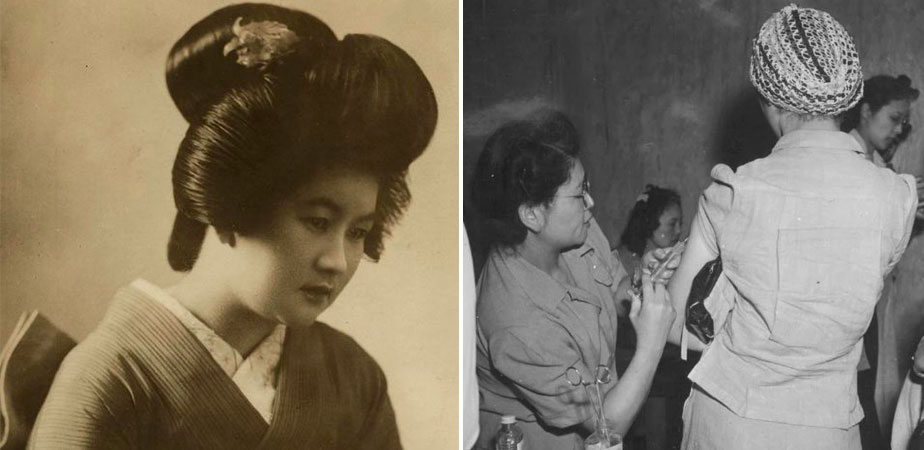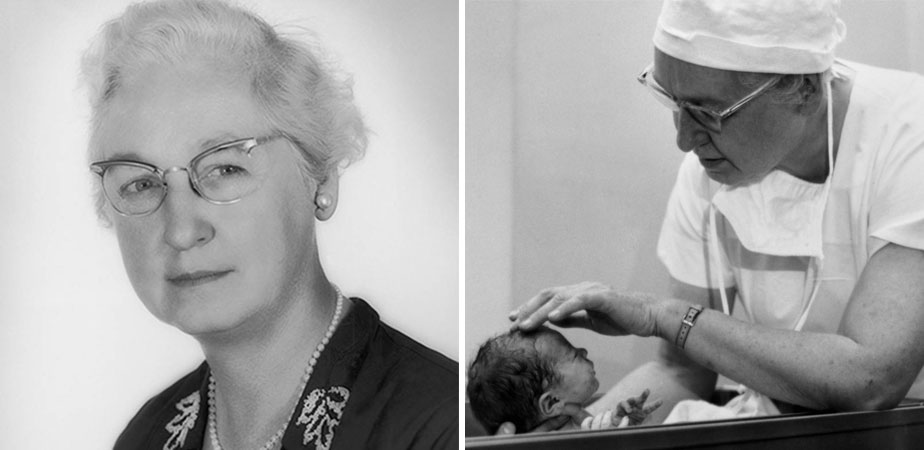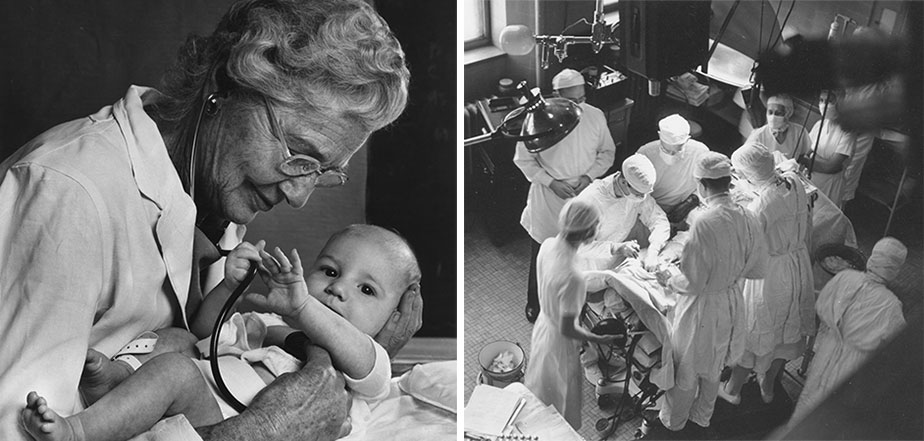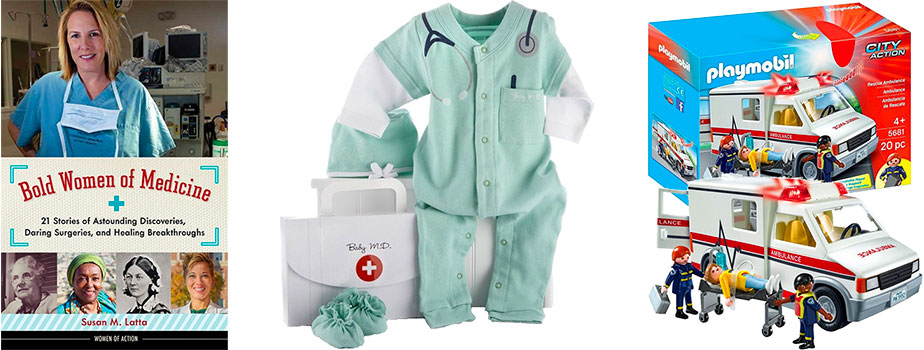Over 60 years, over 60,000 women have been treated for free for this devastating childbirth injury at Dr. Hamlin's fistula hospital.
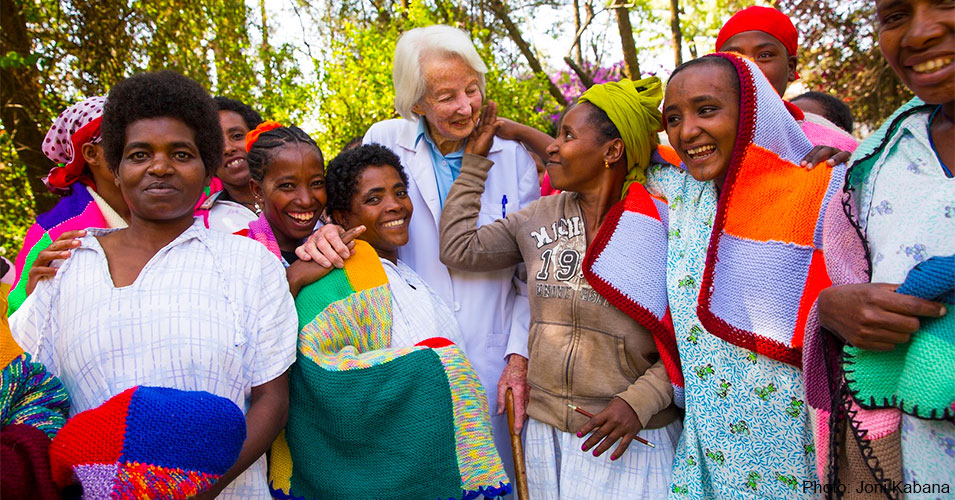 When Dr. Catherine Hamlin and her husband, Reg, first arrived in Ethiopia in 1959, a fellow gynecologist warned them that "the fistula patients will break your hearts." They did — but also they ignited the Hamlins' determination to help. Hamlin and her husband co-founded the non-profit Catherine Hamlin Fistula Foundation, and in the decades since, over 60,000 women have been treated free of charge at their hospitals. Hamlin, died in 2020 at the age of 96 in Addis Ababa, hoped to inspire people around the world to help eliminate this devastating and entirely preventable childbirth injury which affects more than two million young women worldwide. "This terrible condition has been eradicated in the West," the Nobel Peace Prize nominee said. "In countries like Ethiopia it is a common condition.... [Here] women come into labor and there's nobody to help them." Continue reading Continue reading
When Dr. Catherine Hamlin and her husband, Reg, first arrived in Ethiopia in 1959, a fellow gynecologist warned them that "the fistula patients will break your hearts." They did — but also they ignited the Hamlins' determination to help. Hamlin and her husband co-founded the non-profit Catherine Hamlin Fistula Foundation, and in the decades since, over 60,000 women have been treated free of charge at their hospitals. Hamlin, died in 2020 at the age of 96 in Addis Ababa, hoped to inspire people around the world to help eliminate this devastating and entirely preventable childbirth injury which affects more than two million young women worldwide. "This terrible condition has been eradicated in the West," the Nobel Peace Prize nominee said. "In countries like Ethiopia it is a common condition.... [Here] women come into labor and there's nobody to help them." Continue reading Continue reading
